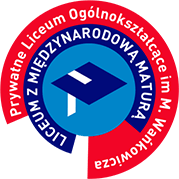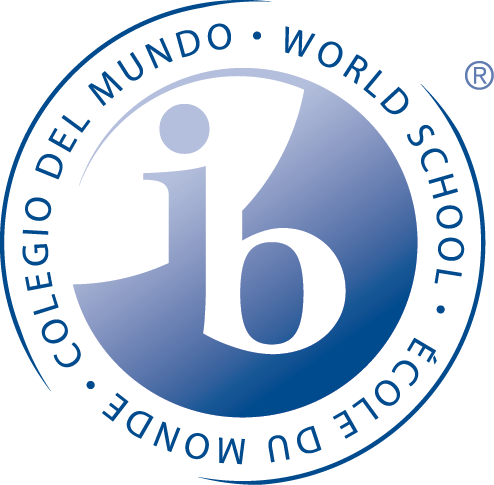General Information
International Baccalaureate Organization was founded at the end of the 60s in Switzerland and was based on the International School in Geneva. The idea of international teaching and education was presented by teachers from all around the world and experts in the field of education. IBO is a foundation which operates pursuant to Swiss law and is governed by the Council of Foundation, which includes, among others, representatives of governments of various countries (Standing Conference of Governments) and representatives of IB Schools.
A two-year teaching and education cycle realized in IB Schools is a compromise between the system of education which focuses on profound specialization and general teaching. IB Programme has been created for ambitious high school students. It is a demanding pre-university course which finishes with exams. The programme prepares the graduates for their academic career, in their country or abroad. It is not based on one model of teaching, but makes use of the best international experiences in this field. The curriculum of each subject is modified during a seven-year cycle, and the curriculum content is modified by teachers.
The aim of IB School teaching and education is holistic education and raising citizens of the world, as well as equipping students with appropriate knowledge, regarding the proportions between the necessary amount of information and the skill to use them, the promotion of mutual understanding between nations (the basis of which are common education experiences), and helping students to move freely in geographical and cultural terms, regardless of their nationality or citizenship.
IB Diploma in Wańkowicz Private High School
Students are required to pick up one subject from each one of the six groups (the entire programme is given in English):
- Group 1: language A: Literature, mother tongue (Polish or English)
- Group 2: language B: Extended English
- Group 3: social studies: History, Geography, Psychology, Business Management
- Group 4: experimental sciences: Biology, Chemistry, Physics, Computer Science
- Group 5: Mathematics
- Group 6: an additional subject from Group 3 or Group 4 or a foreign language: German or Spanish
All students must choose three Higher Level subjects (HL - 6 hours per week) and three Standard Level subjects, (SL - 4 hours per week).
Foreign students are required to complete 3 lessons of Polish language per week.
Apart from two-year learning cycle, each student must pass the Theory of Knowledge - TOK exam. This subject is the key to understanding the educational B philosophy. It provides students with philosophical basics to understand each IB subject. It is a critical, reflexive perspective with respect to science, the process of teaching and education, as well as the surrounding world - a perfect opportunity to start a discussion, which gives every student a chance to find out the best way to learn.
Another significant element of IB education is student's work for environment (Creativity, Activity, Service - CAS). Over two years, each student is expected to work about 150 hours in order to pass the CAS module. The most significant part of CAS is the "service", that is, helping all those who need it. Students are volunteers and they do not take any money for their work. They are supervised by CAS coordinator.
The last formal requirement is to write an essay on a selected topic (Extended Essay). In terms of its level, Extended Essay may be placed between a bachelor thesis and an essay prepared for a contest (e.g. biology or geography contest). The work is supervised by an appropriate IB teacher and must be fully original (proper observations, research, conclusions) - it cannot be a compilation of scientific or popular-scientific articles. The topic must be inspiring to the student. The length of work should not exceed 4000 words, even though it depends on the subject.
EE and TOK scale:
- A - excellent, outstanding;
- B - good;
- C - satisfactory;
- D - mediocre;
- E - elementary.
Subject and examination scale:
- 1 - very poor;
- 2 - poor;
- 3 - mediocre;
- 4 - satisfactory;
- 5 - good;
- 6 - very good;
- 7 - excellent.
The maximum score possible to get during an IB exam is 45 points (6 subjects, each worth 7 points = 42, EE + TOK = 3). However, it should be taken into account that a student who fails the CAS module does not receive the diploma. The lowest score possible to get the diploma is 24 points.
IB exams last for three weeks (May session). During that time students pass written exams from six subjects. Graduates receive their results on July, 6th.

